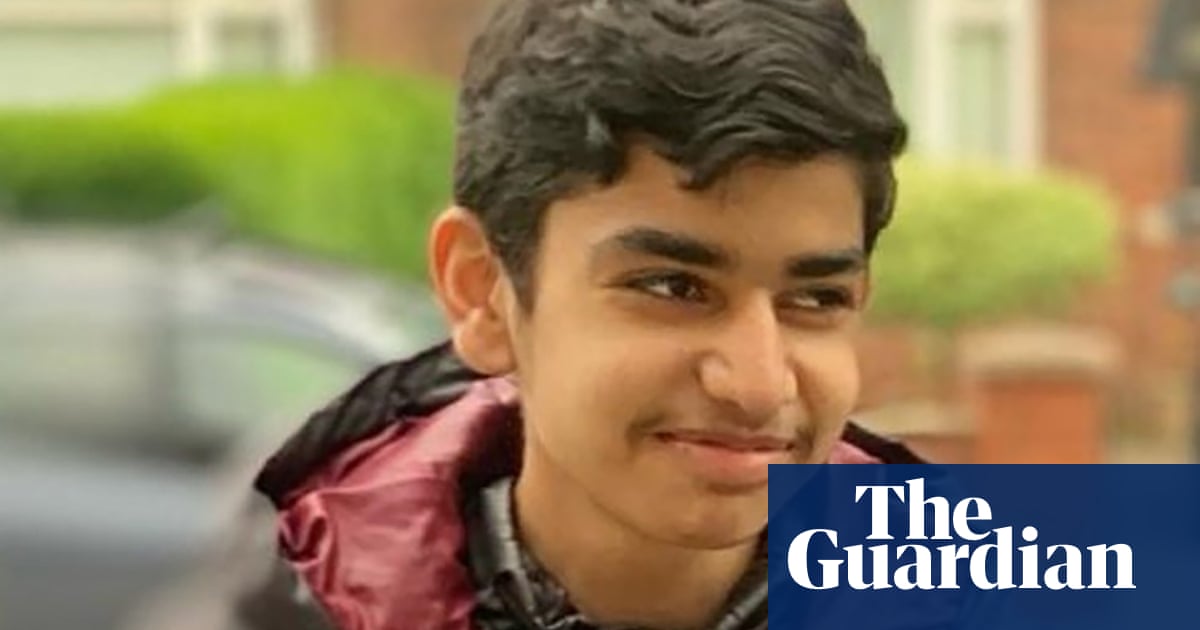Summary
A 15-year-old boy was sentenced to life in prison for fatally stabbing a stranger, Muhammad Hassam Ali, after a brief conversation in Birmingham city center. The second boy, who stood by, was sentenced to five years in secure accommodation. Ali’s family expressed their grief, describing him as a budding engineer whose life was tragically cut short.



His upbringing isn’t relevant to the issue. His deliberate actions are. He is generally responsible for his deliberate actions, regardless of how shitty a hand he was dealt.
We can give him some leniency on issues like contract law: He might not have the cognitive ability to understand an important legal document. He might not understand the value of money. He might not have the capacity for complex abstract thought, and should be protected from those who would exploit that and defraud him.
But Murder isn’t an abstract concept. It’s pretty simple. He isn’t owed any societal protections for deciding to kill someone.
Why? Because it would put blame on the adults? Because you want to, at all cost, deflect responsibility from the ones in the position to provide warmth without there being a burning village?
I call that spineless.
Why, then, are the adults owed social protections for deciding to turn him into the kid he became? And yes I used “decided” deliberately here: If he decided to become a murderer, then the adults can’t claim that “it was an accident”, “we didn’t mean to” when it comes up to turning him into a murderer.
I have no problem throwing the adults in prison with him, if you can reasonably show they are responsible. Go ahead and blame them all you want. But understand that the blame they carry does not in any way excuse him from responsibility for his actions, nor the consequences of those actions. They can be blamed also, not instead.
Murder is too simple an idea to suggest that a 15-year-old can’t be held responsible for committing it.
Please, again, read up on developmental psychology, and what the prefrontal cortex does. The alternative, for you, is to effectively have zero empathy for anyone younger than the early 20s. Whether they murdered or stole a cookie or broke a toy.
I’m out of here lest sounding like a broken clock.
I have near-zero empathy for any competent person who chooses murder. The idea that a 15-year-old murderer should be excused for his actions strips every responsible teenager of their own agency. Your arguments are degrading and insulting to this kid’s victim and to every responsible teenager.
“Choose”. There it is again. Read up on what the frontal cortex does. You’re ignorant and unwilling to rectify it.
If I were mean I could now claim that’s a choice on your part. But, no: You simply lack the self-control necessary to do your research before you form an opinion and post it online. That little step back, saying “wait, is this right”, that “should I consider this impulse more closely before acting on it”. You’re lacking it, and by golly our 15yold is lacking it. He has an excuse, you, presumably, are old enough to have a fully developed frontal cortex.
I readily concede the fact that a 15-year-old’s frontal cortex is not completely developed.
I reject the idea that only a fully mature frontal cortex is capable of restraining someone from murdering a teenager. Even a radically undeveloped frontal cortex is more than capable.
This kid went out that day with a deadly weapon, seeking out the person or people who had previously attacked his friend, intending to commit violence against that individual. He found this teenager. Based on this teen’s race, he believed this teen was complicit in his friend’s attack. He spent 4 minutes arguing with this teenager, then stabbed him.
This wasn’t a crime of passion. This was premeditated. He left his home that day intending to use his knife on someone. He knew his actions and intent were criminal and immoral, and he chose to act anyway.
Everything else in your last comment is an ad hominem, and doesn’t need a response.
And I suppose you’re a neuroscientist, behavioural psychologist, and generally smarter than literally every single person working in juvenile justice.
No. I was describing your character as I inferred from your behaviour, I was not making arguments based on it. Learn your fallacies: “You are a numpty, therefore, you are wrong” is ad hominem. “You are wrong, therefore, you are a numpty” is not.
This is another ad hominem, disguised as an appeal to authority.
Correct. You were describing me, rather than discussing the issue. That is, by definition. An “argumentum ad hominem”. It is an “argument against the man” rather than an argument regarding the issue under discussion.